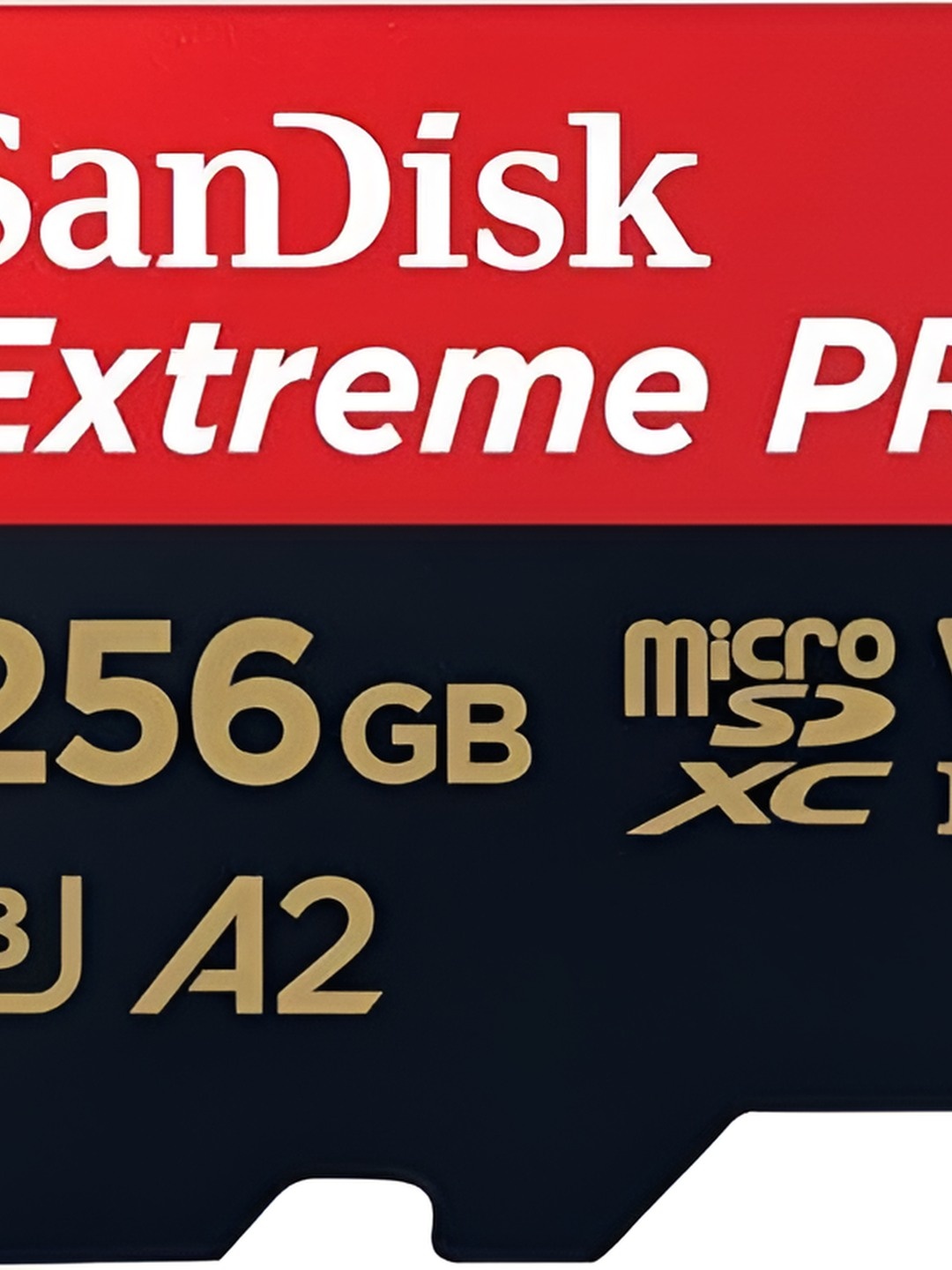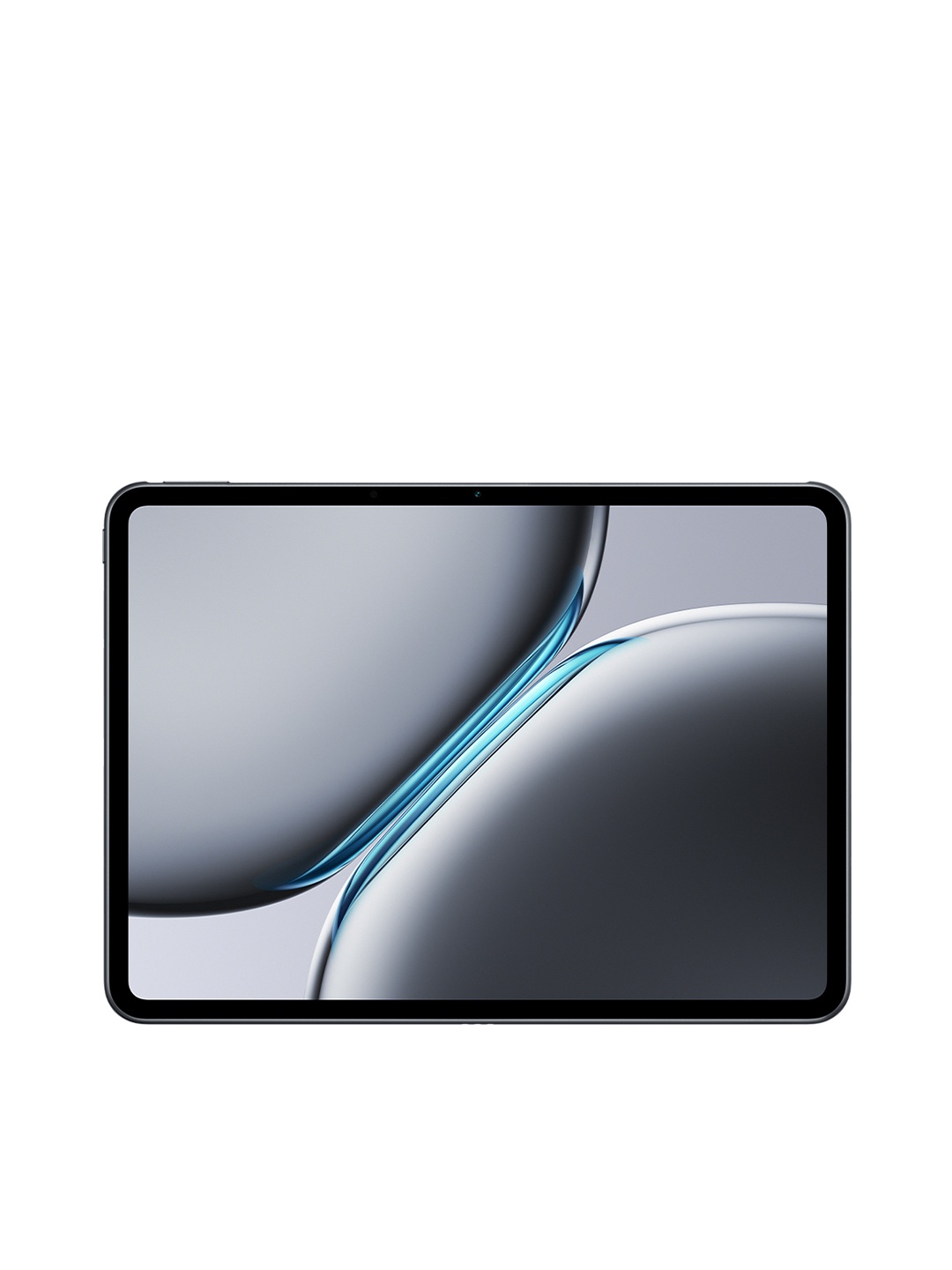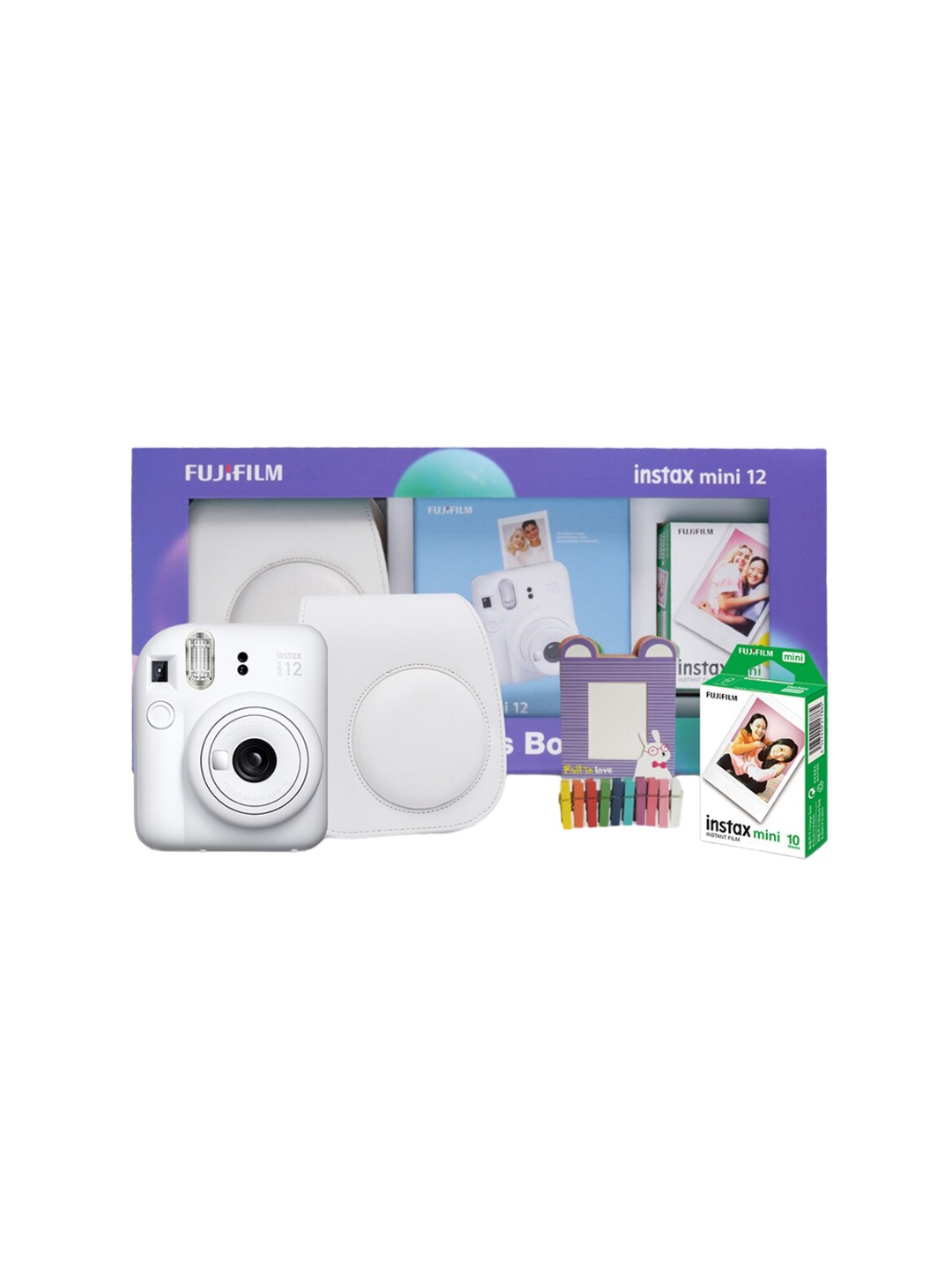Smartwatches With SpO2 Monitor? Here Are 10 Things It Can Do To Keep You Healthy
Discover why a smartwatch with SpO2 monitoring is a game-changer for your health. Learn about 10 key features that enhance your daily life.

What Features You Should Look For At Smartwatches With SpO2 Monitor In India?
Keeping an eye on our health has become more important than ever in today's world. Smartwatches have evolved beyond just telling time; they now offer features that help monitor various health metrics. One such feature is the SpO₂ monitor, which measures the oxygen saturation in your blood. This can provide insights into your respiratory health and overall well-being. Upgrading to a smart watch with SpO₂ monitoring can be a valuable step towards better health awareness. It allows you to track your oxygen levels during workouts, sleep, and daily activities, helping you make informed decisions about your lifestyle.
10 Things A Smartwatch With SpO₂ Monitor Can Do
1. Continuous SpO₂ Monitoring
A smartwatch with continuous SpO₂ monitoring keeps track of your blood oxygen levels throughout the day and night. This can help identify patterns or fluctuations of blood oxygen level in your body, which may indicate health issues, allowing you to seek medical advice immediately.
2. Sleep Tracking With Oxygen Insights
Monitoring your SpO₂ levels during sleep can reveal if you're experiencing drops in oxygen saturation, which might be linked to sleep disorders. A smartwatch that tracks both sleep stages and SpO₂ provides a comprehensive view of your sleep quality.
3. Fitness And Workout Optimisation
During physical activity, your body's oxygen needs increase. A smartwatch that monitors SpO₂ can help you understand how your body responds to exercise, allowing you to adjust intensity levels for optimal performance and recovery.
4. Stress And Recovery Monitoring
Stress can affect your breathing and oxygen levels. A smartwatch that tracks SpO₂ alongside stress indicators can help you identify stress patterns and implement relaxation techniques to improve your overall health.
5. Altitude Acclimatisation
If you travel to high-altitude areas, your oxygen levels can decrease. A smartwatch with SpO₂ monitoring can help you acclimate safely by tracking how your body adapts to changes in altitude.
6. Health Data Integration
Smartwatches often sync with health apps, allowing you to store and analyse your SpO₂ data over time. This can help you and your healthcare provider make informed decisions about your health.
7. Personalised Health Alerts
Some smartwatches can alert you when your SpO₂ levels fall below a certain level. These real-time notifications can prompt you to take action, such as resting or seeking medical attention.
8. User-Friendly Interface
A smartwatch with a user-friendly interface makes it easy to access and understand your SpO₂ data. Clear visuals and simple navigation ensure you can monitor your health without hassle.
Also Read: Top 8 Smartwatch Tips to Know And, boAt To Samsung, Check The Best On Amazon
9. Battery Life Considerations
Continuous SpO₂ monitoring can consume battery life. Choosing a smartwatch with efficient power management ensures you can track your health without frequent charging interruptions.
10. Compatibility With Other Devices
Ensure your smartwatch is compatible with your smartphone and other devices. Seamless integration allows for better data sharing and a more comprehensive health monitoring experience.
Products Related To The Article
1. Samsung Galaxy Watch6 Classic Bluetooth (43mm, Black, Compatible with Android only)
2. Fastrack New Astor FS1 PRO Smart Watch
3. Fastrack New Astor FS1 PRO Smart Watch
4. Fire-Boltt Ninja Call Pro Plus Smart Watch 1.83 inch with Bluetooth Calling
5. Noise Newly Launched ColorFit Pulse 3 with 1.96" Biggest Display Bluetooth Calling Smart Watch
6. Samsung Galaxy Watch6 Classic Bluetooth (43mm, Black, Compatible with Android only)
7. Amazfit Active 42mm AMOLED Smart Watch
8. boAt New Launch Ultima Ember Smartwatch
9. Redmi Watch 5 Lite
10. Nervfit Newly Launched Vibe Smartwatch with 1.85" LED Display
Frequently Asked Questions (FAQs)
1: What is SpO₂, and why is it important to monitor?
SpO₂ refers to the oxygen saturation level in your blood. Monitoring it helps assess how well your body is distributing oxygen, which is vital for overall health.
2: Can a smartwatch replace medical-grade SpO₂ monitors?
While smartwatches provide convenient SpO₂ tracking, they are not a substitute for professional medical devices. Always consult a healthcare provider for accurate assessments.
3: How often should I check my SpO₂ levels with a smartwatch?
Regular monitoring, especially during sleep and exercise, can help you understand your patterns. However, frequency depends on individual health needs.
4: Do all smartwatches have SpO₂ monitoring?
Not all smartwatches include SpO₂ sensors. It's essential to check the specifications before purchasing if this feature is important to you.
5: Is SpO₂ monitoring useful for athletes?
Yes, athletes can benefit from SpO₂ monitoring to optimise training and ensure adequate oxygen levels during intense workouts.
Incorporating SpO₂ monitoring into your daily routine through a smartwatch can provide valuable insights into your health. By understanding your oxygen levels, you can make informed decisions about your lifestyle, exercise, and overall well-being. As technology continues to advance, embracing these features can lead to a more proactive approach to health management.
Disclaimer: This content including advice, provides generic information only. It is in no way a substitute for a qualified medical, nutritional or wellness opinion. Always consult a specialist or your own doctor for more information. NDTV does not claim responsibility for this information.




























